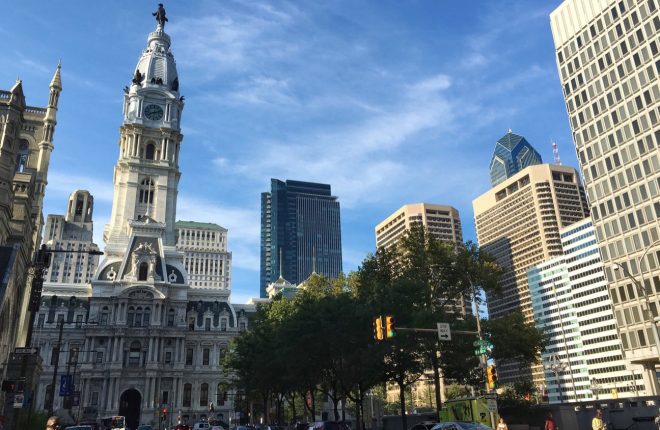Blog By Judi Rhee Alloway, Mayor’s Commission on Asian American Affairs
Phillip Clay, Adam Crapser, Monte Haines, John Gaul III, and Alejandro Ebron: These names sound like people who could be your next door neighbor.
They’re also all foreign-born adoptees who grew up in the United States — and all of them have been deported or currently face deportation.
In Phillip Clay’s case, he was deported to South Korea despite having no real connections to the country. Adopted when he was a mere eight years old, Clay quickly acclimated to American culture and the English language, losing all connections to Korea including the ability to speak or understand Korean.
He was also a Philadelphian.
Five years after he was deported to South Korea, Clay killed himself.
Right now, American immigration policy does not satisfactorily account for the thousands of now-adult Americans who were born in another country and adopted by Americans, either as infants or children.
The adoptees built their lives here and identify as American — and most of them speak only English. Many exist in a sort of legal limbo and are unable to obtain driver’s licenses or work legally.
None of them can vote.
On June 8, 2017, Philadelphia City Council passed a resolution urging both the President and U.S. Congress to “enact legislation securing the citizenship of internationally adopted adult individuals.” Councilwoman Helen Gym, Councilman David Oh, and Councilman Al Taubenberger introduced the resolution.
While federal legislators have introduced the bipartisan Adoptee Citizenship Act, in recent years to address a path to citizenship for adoptees — notably Sen. Amy Klobuchar (D-Minn.) and Rep. Trent Franks (R-Ariz.) — congressional leaders have yet to introduce proposals since President Trump took office.
Like Phillip Clay, I’m a Korean adoptee.
Those of us who were adopted face disproportionately higher rates of depression and even suicide. In my own life, despite having a loving family and great friends and being active in my community, I can sometimes feel like a stateless person.
It’s a feeling of not being accepted in my home country because I’m an American or, here in the U.S., being perceived by other Americans as a foreigner and complimented on how well I speak English — despite speaking with a Philadelphia accent.
It can be tough to find the place where I feel I belong — and I know I’m not alone.
Do you want to support the Adoptee Citizenship Act? Here are two actions you can take right now!
- Contact your representatives in Washington to ask them to act on legislation supporting the Adoptee Citizenship Act! You can find your Representative and Senators online.
- Learn more about foreign born adoptees from the Adoptee Rights Campaign.

